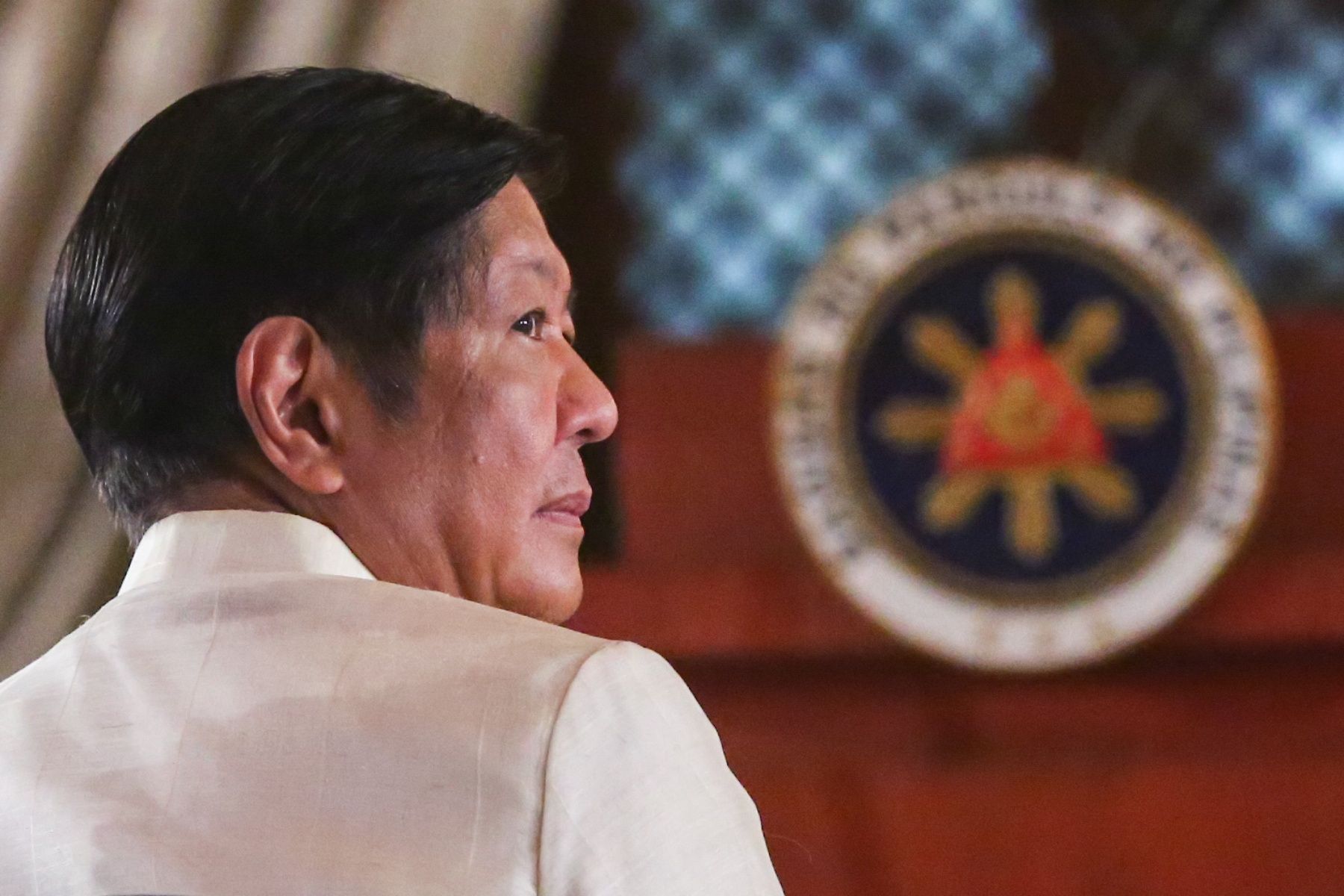Marcos to lead talks on steps to reduce disaster risks, losses
At A Glance
- During the recently concluded 44th and 45th ASEAN Summit and Related Summits in Vientiane, Laos last week, Marcos pointed out that the region is one of the most vulnerable to climate change, and that its people's resilience will continue to be tested by this perennial challenge.
Over the next four days, President Marcos is set to lead discussions that will center on concrete actions that reduce disaster risks and losses in lives, livelihood, and health.

Acting Communications Secretary Cesar Chavez said this ahead of the Asia-Pacific Ministerial Conference on Disaster Risk Reduction (APMCDRR) in Manila this week.
In a meeting with journalists covering the conference, Chavez said the President will spearhead the event which ultimately aims to mitigate the effects of climate change.
"He will discuss the steps we have taken, the progress we have made, and the work which must be done," he said on Monday, Oct. 14.
During the recently concluded 44th and 45th ASEAN Summit and Related Summits in Vientiane, Laos last week, Marcos pointed out that the region is one of the most vulnerable to climate change, and that its people's resilience will continue to be tested by this perennial challenge.
He likewise highlighted the importance of striking a balance between sustainability and progress, which would mean taking greater steps and meeting bolder targets— such as setting the target for renewable energy (RE) to comprise at least 35 percent of the country's energy mix by 2030 and 50 percent by 2040.
Achieving this requires a greater commitment to building a disaster risk reduction (DRR) ecosystem that puts the Philippines ahead in understanding disaster and managing risks, instead of merely reacting with relief and recovery. It also means utilizing technological innovations to create DRR solutions.
"We must amplify this message, as it represents real risks and dangers to lives and realities on the ground," Chavez said.
With this, Chavez, a veteran journalist himself, said exposing this issue to the public is a must.
"This existential threat deserves the best press coverage– that is, fair, but without fanfare," he said.
"In the coming days, let it be our shared goal as media practitioners to advance a culture of risk reduction and resilience in service of the community of nations," he added.
Recently, the Philippines topped the 2024 World Risk Index, due to the country's exposure to climate change and its impact.